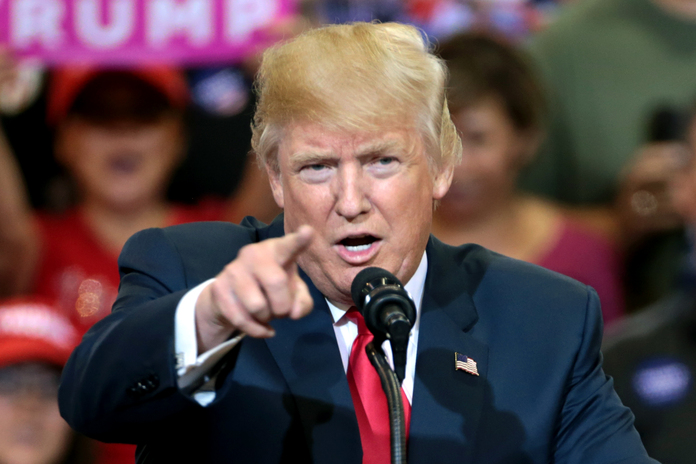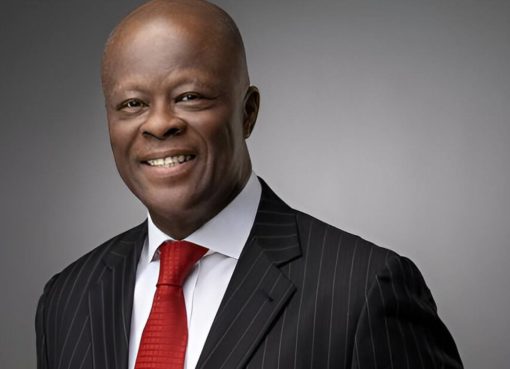Cryptocurrency has emerged as a critical battleground issue in the 2024 presidential election, with both President Joe Biden and former President Donald Trump vying for the support of the crypto community. Recent events highlight the growing importance of digital assets in political discourse and policy-making.
Crypto Roundtable in Washington D.C.
On Wednesday, Democratic Representative Ro Khanna from California hosted a significant crypto roundtable at the Willard Hotel in Washington, D.C. The event featured notable attendees, including Senator Kirsten Gillibrand, businessman Mark Cuban, Ripple CEO Brad Garlinghouse, and Coinbase’s Chief Legal Officer Paul Grewal, along with a senior assistant to President Biden.
Biden Administration’s Engagement
During the roundtable, Coinbase’s Paul Grewal praised the Biden administration’s efforts to engage with crypto industry stakeholders and understand the challenges they face. Grewal expressed optimism that the Biden team would continue substantive outreach to the digital asset industry. “It was largely a listen-and-learn dynamic,” Grewal said. “Ms. Dunn took over an hour of her time to sit with 30 or 40 of us, patiently listened, asked questions, and expressed real commitment to continuing this dialogue as opposed to just thanking us for our time and sending us out the door.”
This sentiment was echoed by Sheila Warren, CEO of the Crypto Council for Innovation, who noted the engagement of senior Biden advisor Anita Dunn. “She was very engaged, actively note-taking, all of that kind of stuff. For a government official at that level to be that engaged for over an hour … that is pretty amazing and unusual.”
Ripple CEO’s Critique
However, not all views were positive. Ripple CEO Brad Garlinghouse highlighted a perceived hostility from the Democratic Party towards the crypto industry, which he believes threatens its survival. “Unfortunately, the majority of Dems continue to enable Gensler’s unlawful war on crypto – sabotaging the ability for American innovation to thrive,” Garlinghouse said, referring to SEC Chairman Gary Gensler. “It’s no wonder the GOP has announced a pro-crypto stance. Gensler will go down as the Luddite of his time. Words are easy, action is hard but necessary. Choose wisely. Voters are paying attention.”
Political Dynamics and Future Implications
The contrasting views at the roundtable underscore the divergent approaches of the Democratic and Republican parties towards cryptocurrency. While the Biden administration has shown a willingness to engage with industry leaders, there is a clear divide within the party regarding regulatory approaches. On the other hand, the Republican Party has positioned itself as pro-crypto, capitalizing on dissatisfaction within the industry towards current regulatory measures.
GOP’s Pro-Crypto Stance
The GOP’s pro-crypto stance is seen as a strategic move to attract voters and industry support. With figures like Mark Cuban and Brad Garlinghouse criticizing current regulatory frameworks, the Republican Party’s advocacy for a more supportive regulatory environment could sway significant support from the crypto community.
Impact on Voters and Innovation
As the 2024 election approaches, the stance on cryptocurrency is likely to influence voter behavior, particularly among younger and tech-savvy demographics who are heavily invested in digital assets. The ongoing dialogue and policy developments will be crucial in shaping the future of the crypto industry in the United States.
The engagement from both sides highlights the growing recognition of cryptocurrency’s importance in the national economy and technological innovation. Stakeholders within the crypto industry are keenly observing the political landscape, weighing the implications of each party’s approach on the future of digital assets.
Conclusion
Cryptocurrency has become a pivotal issue in the 2024 presidential election, with President Biden and former President Trump actively seeking to court the crypto community. The outcomes of these political engagements will significantly impact the regulatory environment and the growth of the crypto industry in the coming years. As voters prepare to choose their leaders, the stance on crypto will undoubtedly play a crucial role in their decision-making process.
Featured Image: Wikipedia




